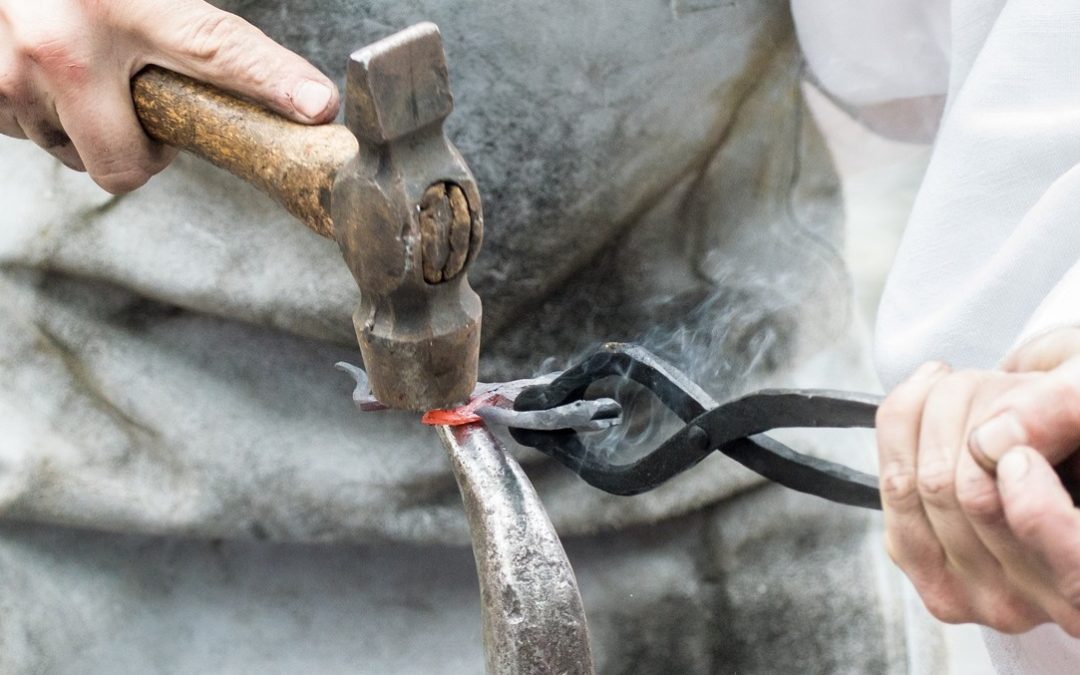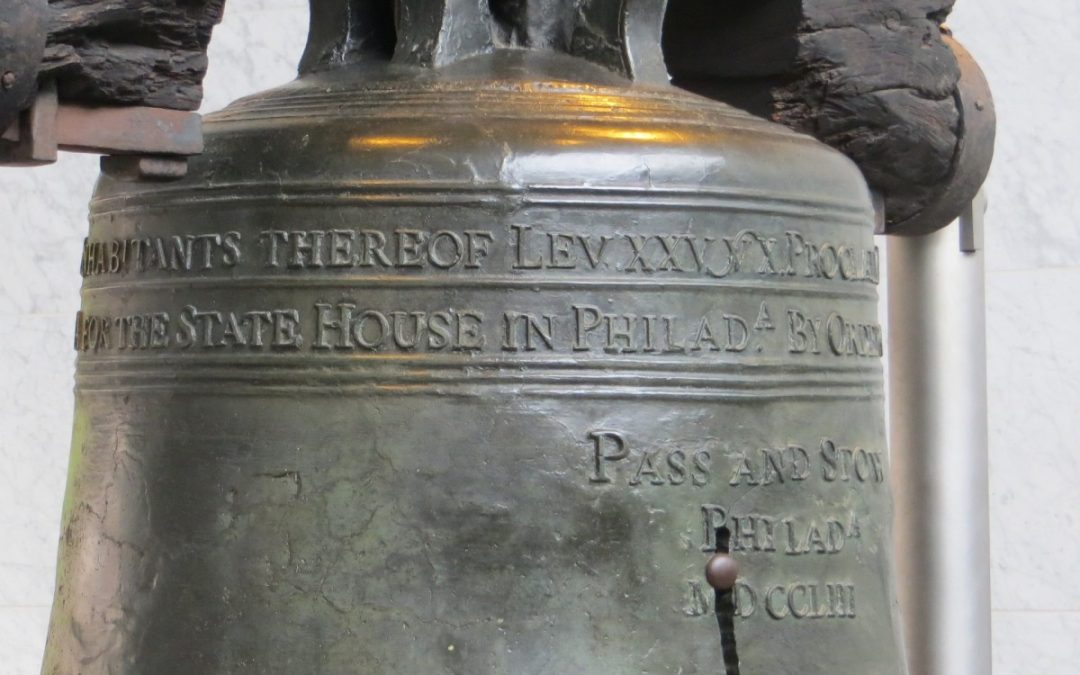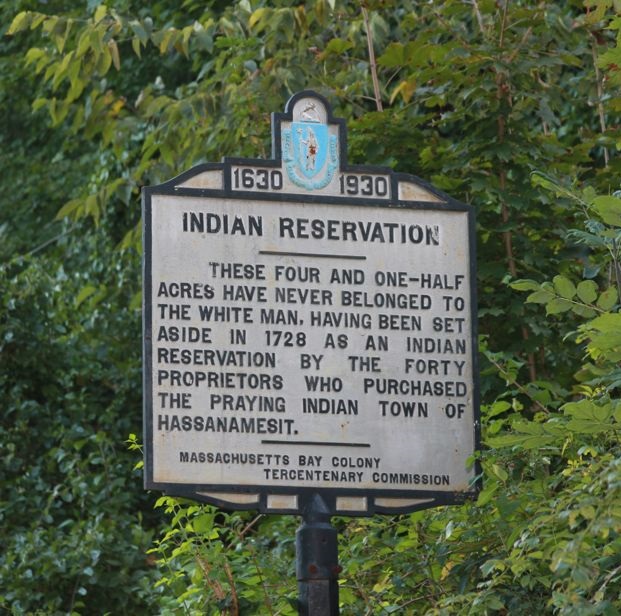
by Richard Subber | May 23, 2022 | American history, Book reviews, Books, Democracy, History, Politics, Power and inequality, Revolutionary War
ordinary folks had a lot to do with it…
Book review:
The Urban Crucible:
Social Change, Political Consciousness,
and the Origins of the American Revolution
by Gary B. Nash
Cambridge, MA: Harvard University Press, 1979
The Urban Crucible is a densely researched and fully explored comparative history of the economic, social, and political environments in Boston, New York, and Philadelphia during the late 17th and early 18th centuries.
Here’s my hint: there was more well-informed “mob” action than you have read about in other histories.
The early colonial experiences in the three principal seaport towns are vividly contrasted and authoritatively explained. Nash candidly digs deep and deeper into a wide range of primary sources. The sins and the heroics of the leadership elite and the “leather apron” artisans and the anonymous working poor are examined in profoundly realistic historical context.
You can’t read The Urban Crucible and not learn a lot.
* * * * * *
Book review. Copyright © Richard Carl Subber 2022 All rights reserved.
Is the public interested in public interest news?
Isn’t news the new stuff you suddenly want to know?
–
In other words: Poems for your eyes and ears with 64 free verse and haiku poems,
and the rest of my poetry books are for sale on Amazon (paperback and Kindle)
and free in Kindle Unlimited, search Amazon for “Richard Carl Subber”
* * * * * *

by Richard Subber | May 13, 2022 | American history, Book reviews, Books, History, Revolutionary War
It’s historical, but it’s not history…
Book review:
The Liberty Bell
by Gary B. Nash
New Haven, CT: Yale University Press, 2010
The Liberty Bell is lavishly detailed, and it’s a quick read. Give it a try.
Much of what you “know” about the Liberty Bell isn’t quite right. For starters, the dramatically cracked icon sitting in the Independence National Historical Park in Philadelphia isn’t the “real” bell ordered in 1752 by the Pennsylvania Provisional Assembly. The original bell cracked the first time it was rung, and it was melted and recast as the one-ton bell we now think of as “the” Liberty Bell. It was cracked in the middle of the 19th century. It doesn’t ring any more.
It wasn’t called the “Liberty Bell” until about 50 years after the Revolutionary War started, when it was “adopted” as an icon of freedom by anti-slavery advocates.
I remember seeing the Liberty Bell in Philadelphia in the 1950s when I was a child. I think the guards said nobody could touch it, but I think I put my finger on it when they weren’t looking.
* * * * * *
Book review. Copyright © Richard Carl Subber 2022 All rights reserved.
Book review:
Clotel, or The President’s Daughter
by William Brown,
America’s first black novelist
–
Seeing far: Selected poems with 47 free verse and haiku poems,
and the rest of my poetry books are for sale on Amazon (paperback and Kindle)
and free in Kindle Unlimited, search Amazon for “Richard Carl Subber”
* * * * * *

by Richard Subber | May 2, 2022 | American history, Book reviews, Books, History
p.s. there weren’t any Indian “savages”…
Book review:
New England Encounters:
Indians & Euroamericans, ca. 1600-1850
Alden T. Vaughan, ed.
Boston: Northeastern University Press, 1999
427 pages
New England Encounters is a wide-ranging collection of essays from The New England Quarterly.
The relationships of the indigenous Indians and the European colonists were complex. The essays in New England Encounters help to make those relationships more understandable. This process reinforces our understanding that the Indians were not “savages”—they had sophisticated, dynamic cultures.
The Europeans brought guns, germs, and steel (tip of the hat to Jared Diamond).
Nevertheless, Indian cultures persisted for quite a long time.
* * * * * *
Book review. Copyright © Richard Carl Subber 2022 All rights reserved.
How the Irish Became White (book review)
another slice of American history by Noel Ignatiev
–
In other words: Poems for your eyes and ears with 64 free verse and haiku poems,
and the rest of my poetry books are for sale on Amazon (paperback and Kindle)
and free in Kindle Unlimited, search Amazon for “Richard Carl Subber”
* * * * * *


